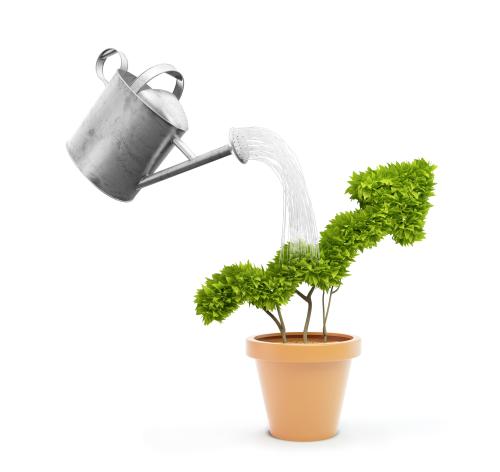Editor’s Note: In our new series, “The Middle East and the New Global Economy: The Drive for Competitiveness, Skills and Innovation,” the Middle East Youth Initiative (MEYI) turns once again to our network of scholars to ask how the region is faring. Have chronic unemployment challenges in the region been exacerbated by the economic slowdown? Has the global crisis forced a rethinking of development strategies in the region? Have ambitious programs been put on hold due to declining revenues from commodities, investment, exports and tourism?
Part 4: Exploring Green Models for Sustainable Growth
Tarik Yousef: Jad, much of your work focuses on agriculture and food security. In the past, we have talked about how sustainable development – in the agriculture sector, agrobusiness, alternative energy and water management – could lead to more jobs for young people in the broader Middle East. You gave some examples of policies that could encourage investment in these areas. Have you seen any promising initiatives in the region to date that are directing resources toward these sectors?
Jad Chaaban: What I have seen are investments by big companies, like Almarai in Saudi Arabia or other companies in Egypt where cornfields are planted for ethanol production. However, we do not yet have a clear strategy from governments for entering the green economy and alternative energy markets, or even [a strategy for] water management. Unfortunately, all of these projects are still driven by donor support [such as] World Bank loans. In many cases they are good projects, but they are piecemeal and they do not fall within a global strategy where each country prioritizes these sectors, especially water management and a decreased dependency on fossil fuels. There have been some small-scale initiatives, most of them guided by donors, but we have not seen yet a massive adoption of policies or projects that would indicate that we are moving in that direction.
Yousef: Besides investment in sustainable development, part of the challenge is bringing young people into these careers through education and training. How can we encourage more young people to go into innovative sectors that will contribute to sustainable development?
Chaaban: Some years ago, the environment and sustainable development were seen as nice diplomas to [receive]. I know from the American University of Beirut here that there was a demand [for] the environmental sciences and majors in sustainable development. But this was just a trend where some parents would decide with their children to send them to these programs. Unfortunately the trend still, in private universities and public universities across the Arab world, is to study social sciences, business and related fields, and not to go into more scientific fields related to agriculture, energy and environmental management…



Commentary
The Middle East and the New Global Economy: Exploring Green Models for Sustainable Growth
December 1, 2009